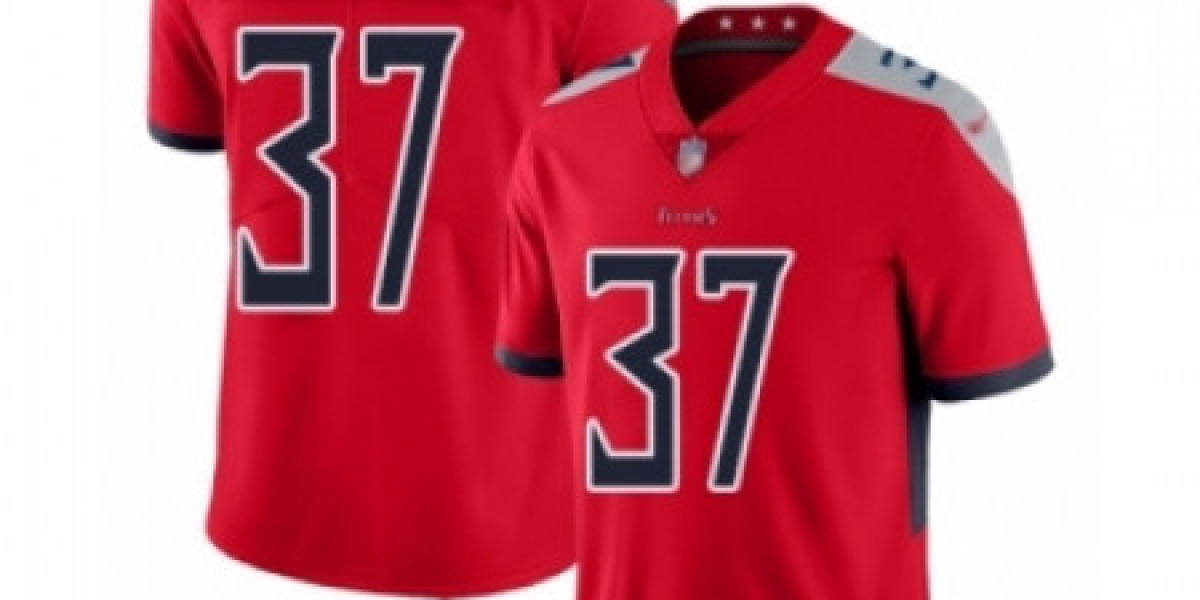IMARC Group’s “Ethylene Glycol Manufacturing Plant Project Report 2025: Industry Trends, Plant Setup, Machinery, Raw Materials, Investment Opportunities, Cost and Revenue” report provides a comprehensive guide on how to successfully set up an ethylene glycol manufacturing plant. The report offers clarifications on various aspects, such as unit operations, raw material requirements, utility supply, infrastructural needs, machinery models, labour necessities, transportation timelines, packaging costs, etc.
In addition to the operational aspects, the report also provides in-depth insights into ethylene glycol manufacturing process, project economics, encompassing vital aspects such as capital investments, project funding, operating expenses, income and expenditure projections, fixed and variable costs, direct and indirect expenses, expected ROI, net present value (NPV), profit and loss account, and thorough financial analysis, among other crucial metrics. With this comprehensive roadmap, entrepreneurs and stakeholders can make informed decisions and venture into a successful ethylene glycol manufacturing unit.
Request a Sample Report: https://www.imarcgroup.com/ethylene-glycol-manufacturing-plant-project-report/requestsample
What is Ethylene Glycol?
Ethylene glycol is a colorless, odorless, and sweet-tasting organic compound primarily used as an industrial antifreeze and coolant. Chemically classified as a diol, its molecular formula is C₂H₆O₂, indicating two hydroxyl groups that contribute to its high boiling point and hygroscopic nature. It is most commonly synthesized from ethylene through an intermediate, ethylene oxide, which is then hydrolyzed to form ethylene glycol. This compound plays a critical role in various applications, including the manufacturing of polyester fibers and resins, as well as in the automotive industry where it functions as a vital component of engine coolants and heat transfer fluids. Its properties also make it valuable in de-icing solutions for aircraft and runways. Despite its industrial utility, ethylene glycol is toxic if ingested, necessitating careful handling and regulatory oversight in its storage and transportation. Its versatility and efficiency make it indispensable across multiple sectors.
Market Trend and Drivers of Ethylene Glycol:
The global ethylene glycol market is primarily driven by the growing demand for polyethylene terephthalate (PET) in the packaging and textile industries. PET, derived from monoethylene glycol (MEG), is widely used in the production of plastic bottles, containers, and synthetic fibers, reflecting strong consumption in both consumer goods and industrial applications. Rising urbanization and improved living standards, especially in emerging economies across Asia-Pacific, are fueling demand for polyester-based textiles, further boosting ethylene glycol consumption. Additionally, the automotive and construction sectors contribute to market growth due to the extensive use of ethylene glycol in antifreeze formulations and thermal insulation materials. Advancements in production technologies and the integration of bio-based ethylene glycol are also influencing market trends, as manufacturers seek sustainable and cost-effective alternatives. Furthermore, strategic investments and capacity expansions by major chemical producers in high-growth regions are enhancing supply capabilities, ensuring consistent availability to meet rising global demand. Environmental regulations, aimed at reducing carbon emissions, are accelerating innovations in greener manufacturing processes, which may shape the market’s trajectory over the coming years.
Key Aspects to Setup an Ethylene Glycol Plant:
- Location to Setup Plant
- Market Research
- Plant Layout
- Construction and Infrastructure
- Equipment/Machinery Procurement
- Documentation and Licenses
- Cost Analysis
Requirements to Setup a Facility:
- Funds
- Machinery
- Lands
Types of Costs to Setting up an Ethylene Glycol Factory:
- Land, Location and Site Development Cost
- Plant Layout Cost
- Machinery Requirements and Costs
- Raw Material Requirements and Costs
- Packaging Requirements and Costs
- Transportation Requirements and Costs
- Utility Requirements and Costs
- Human Resource Requirements and Costs
Project Economics:
- Capital Investments
- Operating Costs
- Expenditure Projections
- Revenue Projections
- Taxation and Depreciation
- Profit Projections
- Financial Analysis
Key Questions Answered in the Report:
- How has the ethylene glycol market performed so far and how will it perform in the coming years?
- What is the market segmentation of the global ethylene glycol market?
- What is the regional breakup of the global ethylene glycol market?
- What are the price trends of various feedstocks in the ethylene glycol industry?
- What is the structure of the ethylene glycol industry and who are the key players?
- What are the various unit operations involved in a ethylene glycol manufacturing plant?
- What is the total size of land required for setting up a ethylene glycol manufacturing plant?
- What is the layout of a ethylene glycol manufacturing plant?
- What are the machinery requirements for setting up a ethylene glycol manufacturing plant?
- What are the raw material requirements for setting up a ethylene glycol manufacturing plant?
- And more…
How IMARC Can Help?
IMARC Group is a global management consulting firm that helps the world’s most ambitious changemakers to create a lasting impact. The company provide a comprehensive suite of market entry and expansion services. IMARC offerings include thorough market assessment, feasibility studies, company incorporation assistance, factory setup support, regulatory approvals and licensing navigation, branding, marketing and sales strategies, competitive landscape and benchmarking analyses, pricing and cost research, and procurement research.
Services:
- Plant Setup
- Factoring Auditing
- Regulatory Approvals, and Licensing
- Company Incorporation
- Incubation Services
- Recruitment Services
- Marketing and Sales
Contact Us:
IMARC Group
134 N 4th St. Brooklyn, NY 11249, USA
Email: sales@imarcgroup.com
Tel No:(D) +91 120 433 0800
United States: +1-631-791-1145








